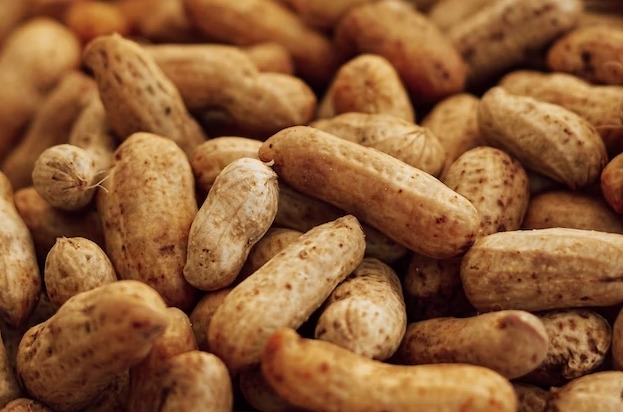W42: Peanut Update

In W42 in the peanut landscape, in response to substantial losses in peanut crops in Anantapur, India, opposition parties and farmer organizations are pressuring the government for assistance. In Anantapur district alone, peanut crops worth USD 96.23 million (INR 8 billion) suffered damage during the kharif season due to rain-deficit conditions, leading to a significant decrease in peanut cultivation in the region, with many distressed farmers unable to continue due to recurrent crop losses. The situation has become increasingly alarming year after year, with a substantial reduction in peanut acreage. Political leaders have visited affected fields and have stressed the government's failure to support farmers facing such losses, advocating for the implementation of a special package to aid peanut farmers and provide the compensation required for those who have incurred losses in previous years.
The Peanut Innovation Lab at the University of Georgia has received a USD 2.5 million grant from the United States Agency for International Development (USAID) to support peanut farming in Madagascar. The initiative aims to help Malagasy farmers adapt to climate challenges and improve food security through a resilient rotation of peanut, sorghum, and millet crops. These crops not only enhance soil conditions and farm productivity but also contribute to preserving the unique natural environment of Madagascar. The project will involve developing crop varieties that can withstand local conditions and providing farmers with the knowledge and best practices for sustainable crop production. The effort will also ensure that the crops grown match household needs and domestic market demand.
Peanut producers in Choix, Sinaloa, México, are expected to harvest up to 1 thousand tons of peanuts in the 2023/24 season despite facing challenging conditions due to limited rainfall. The president of the Peasant Committee Number 14 in Choix mentioned that producers are preparing for widespread harvesting and marketing efforts. While rain and clouds had briefly slowed activity, they anticipated a total harvest of around 3 to 4 thousand tons based on the planted hectares (ha). Many producers are also awaiting government assessments of losses and damage to rainfed crops. The year has been discouraging for them due to unfavorable weather conditions, resulting in financial difficulties. While procedures are underway, they are hoping for expedited assistance from the Mexican government, even though they acknowledge that bureaucratic processes can sometimes be slow.
Furthermore, in Tamaulipas, México, the cultivation of peanuts is gaining prominence as an alternative crop, with the potential to expand from 1 thousand to at least 3 thousand ha during the current six-year term led by Governor Américo Villarreal Anaya. The peanut crop, along with Hass avocado and sesame, shows promise in providing significant profits. These three products have the potential to replace traditional crops like sorghum and oranges, which are the primary grains and fruits cultivated in the state.
Lastly, the Brazilian agricultural sector is displaying robust growth, with the Gross Value of Agricultural Production (VBP) estimated at USD 230.25 billion (BRL 1.15 trillion) for 2023, a 2.7% year-on-year (YoY) increase. Crops have played a pivotal role in this growth, experiencing a remarkable 4.8% increase, driven by a record grain harvest. Notable increases in VBP were seen in several agricultural products, including peanuts with a 13.5% growth, rice, banana , cocoa, sugarcane, beans, orange, cassava, soy, corn, tomato, and grape. The Ministry of Agriculture attributes this success to favorable prices and increased production.



